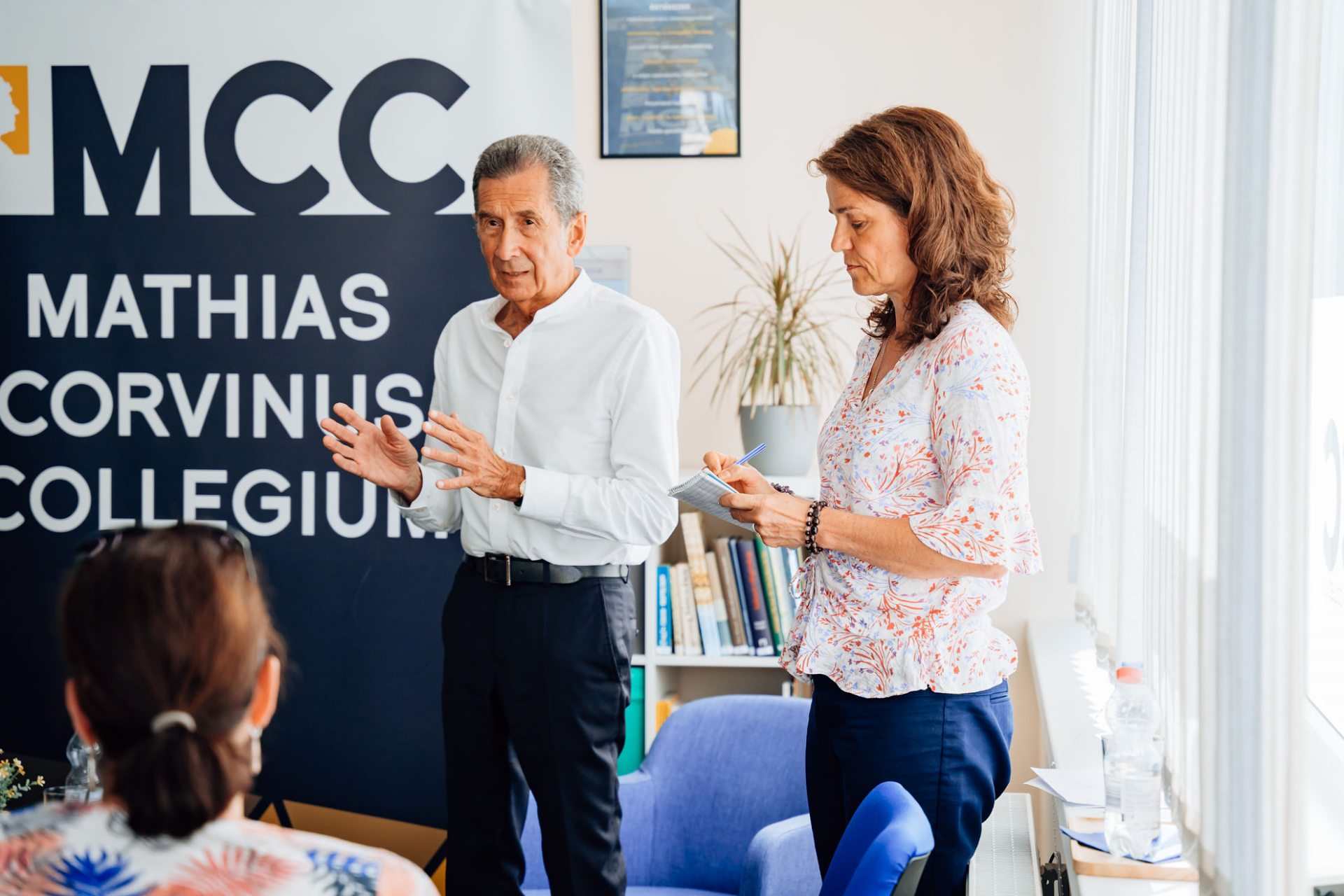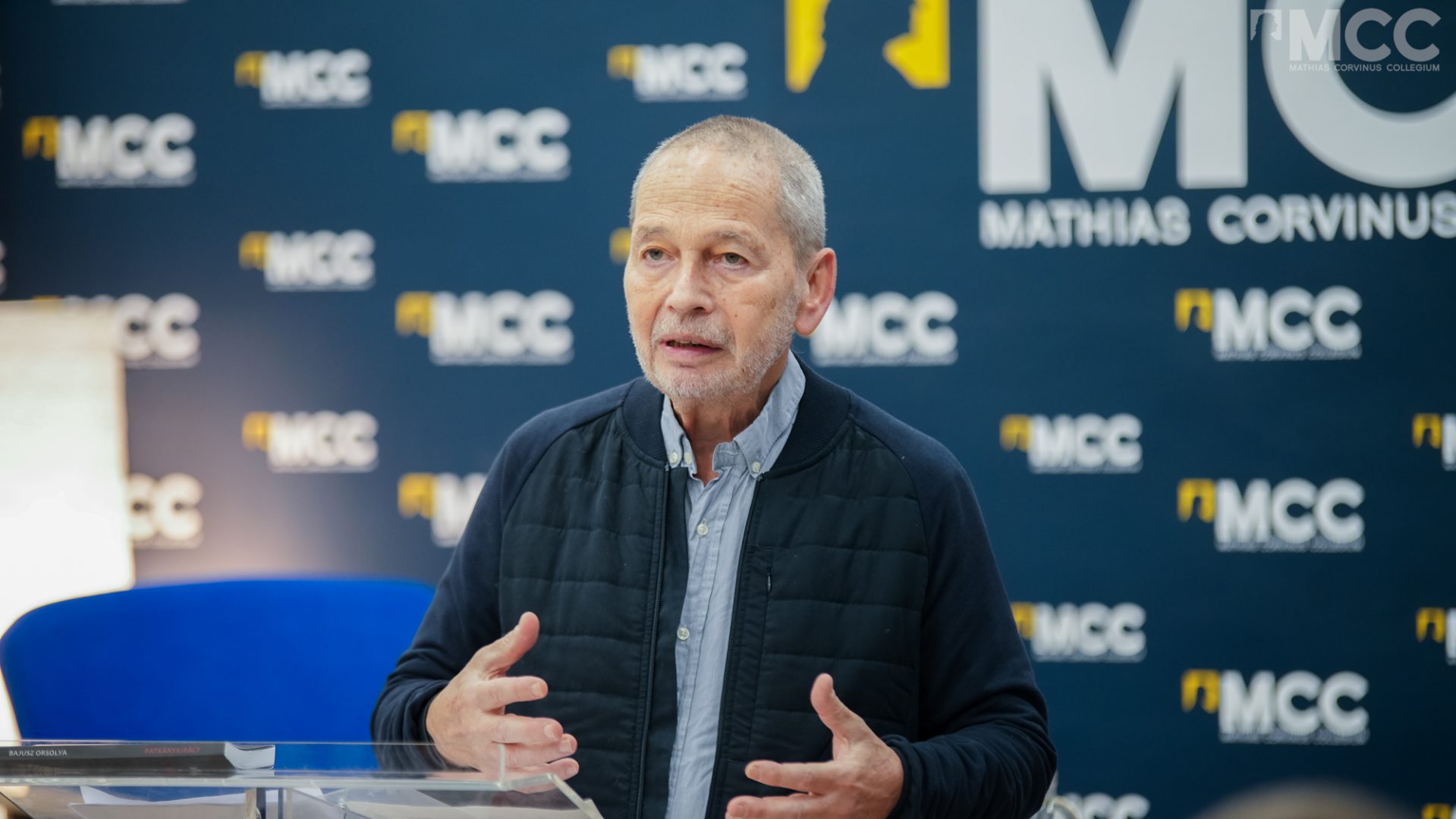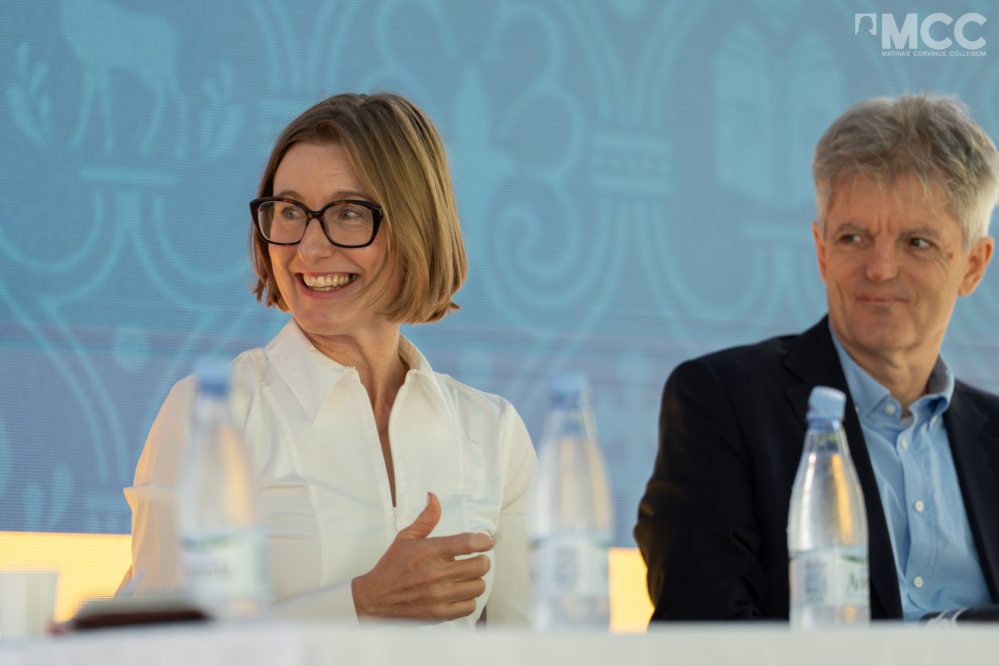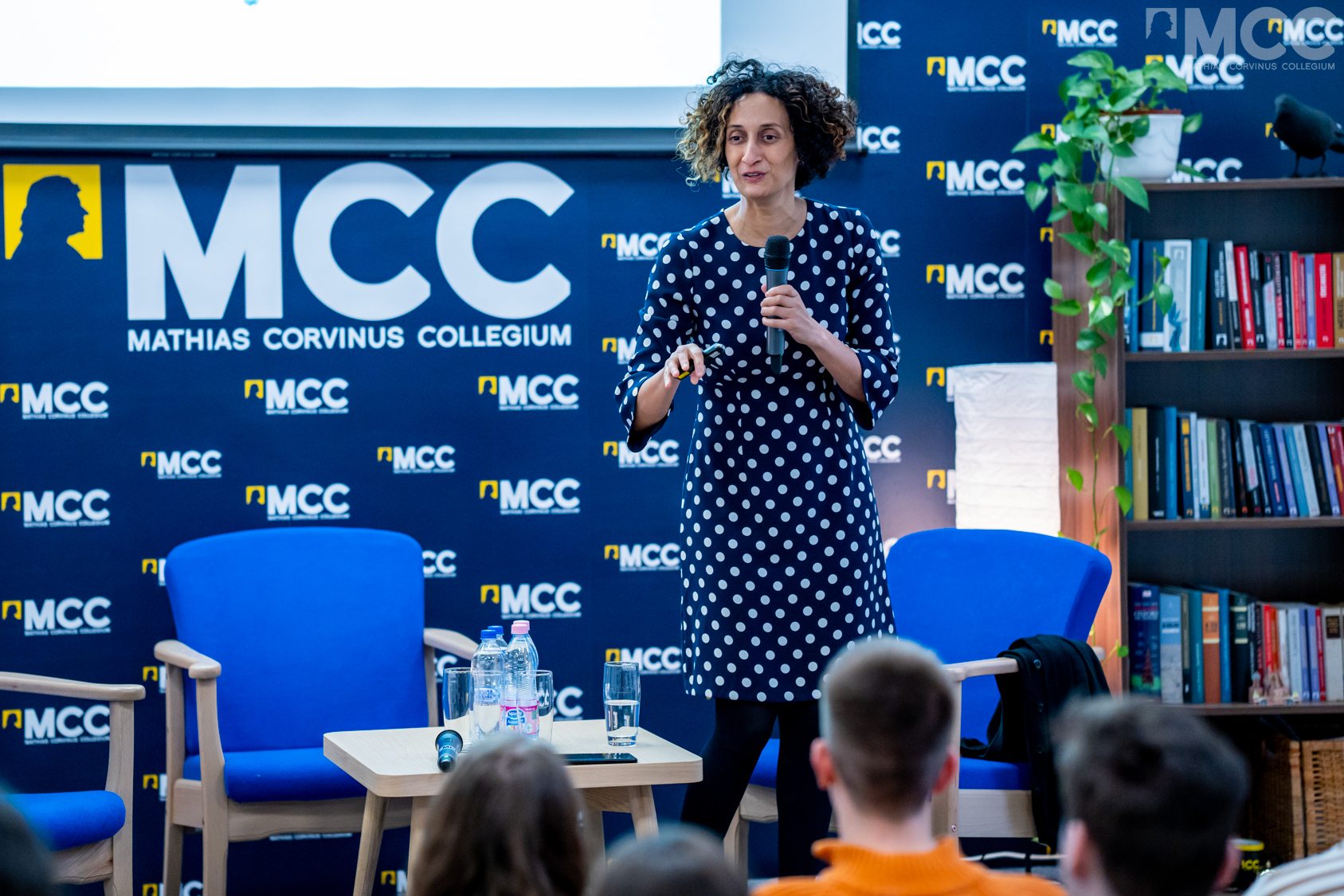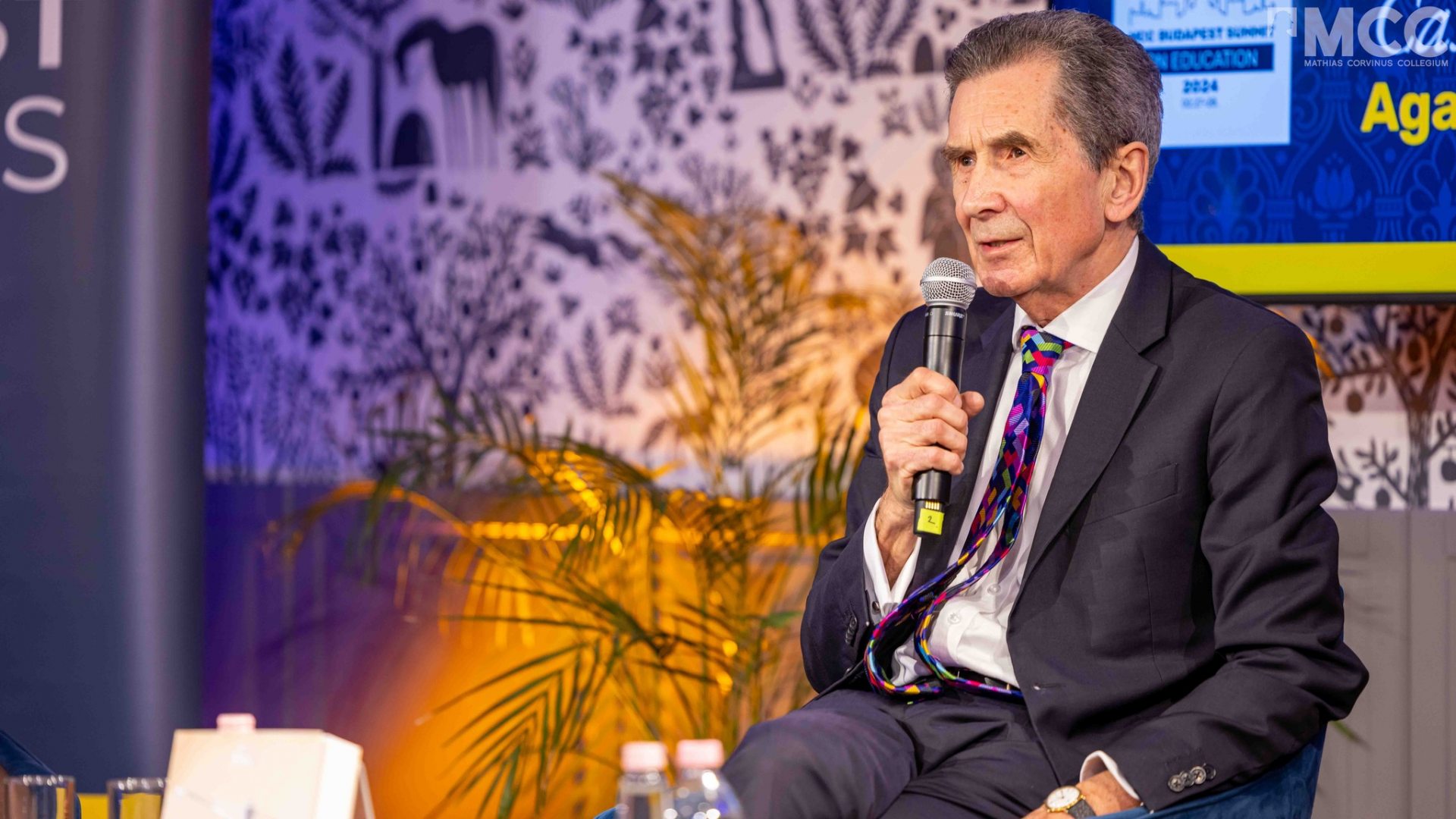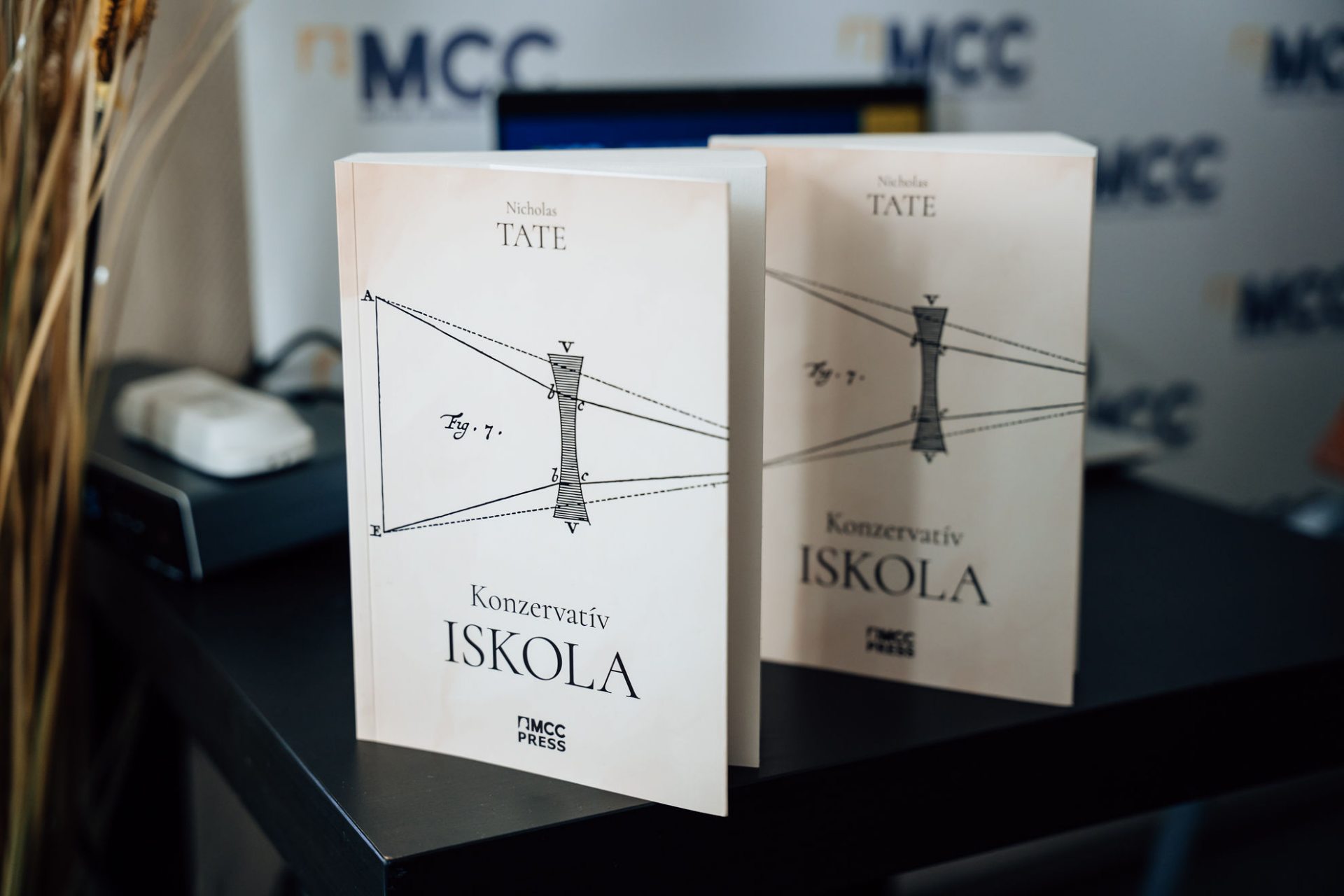1. What is conservatism?
‘[Conservatism] takes its character from local questions, and the loves and suspicions that thrive in specific places and times. For conservatives all disputes over law, liberty and justice are addressed to a historic and existing community. The root of politics, they believe, is settlement –’
(…)
we adapt to change in the name of continuity, in order to conserve what we are and what we have.
(Scruton, 2018, 6)
‘(…) conservatism, in the sense of conservation, is of the essence of the educational activity, whose task is always to cherish and protect something the child against the world, the world against the child, the new against the old, the old against the new. Even the comprehensive responsibility for the world that is thereby assumed implies, of course, a conservative attitude.’
(Arendt, 1954)
Arendt, H. (1954). Crisis in Education https://thi.ucsc.edu/wp-content/uploads/2016/09/Arendt-Crisis_In_Education-1954.pdf
2. What is the nature of Conservative Education?
Education is a transaction between the generations. It involves the transmission through the curriculum of the main features of a civilization, so that people grow up knowing where they have come from and what the past achievements of their society and of humankind have been. Education is therefore a dialogue with the past. it is not a space within which unformed children are encouraged to recreate the world afresh. That may come later, if they choose, when they are adults and citizens, but can only take place on the basis of an understanding of what has been and what is.’
(Tate, 2017, p. 328-333)
Schools need to encourage students out of their comfort zone so they can adapt to university’
‘preparing adolescents to become the kind of independent learners who can flourish in higher education cannot be simply the responsibility of an exam system. It requires a curriculum that provides a sound foundation in disciplinary knowledge alongside a pedagogy that is devoted to cultivating the intellectual independence of students. Experience indicates that much more could be done to assist students to gain the requisite disciplinary knowledge, as well as the habit of independent thinking and learning
(Füredi, 2016)
‘The lessons adults convey about the past teach children about the world they have been born into. A connection to people born before us gives us a sense of belonging and affinity with our nation.’
(Williams, 2016)
‘People think that in order for a child to be creative and think for himself, you must just let him go, that he’ll just figure it out and discover his love for French or science. That isn’t actually how children learn. They learn and get inspired when a passionate teacher gives them lots of knowledge, so our desks are in rows facing the teacher. The teacher is at the front of the classroom facing the children, leading the learning.’
(Birbalsingh, 2018)
3. What is the goal of conservative pedagogy?
“Education is not acquiring a stock of ready-made ideas, images, sentiments, beliefs and so forth; it is learning to look, to listen, to think, to feel, to imagine, to believe, to understand, to choose and to wish.” (Michael Oakeshott: The Voice of Liberal Learning, 1989)
“Every human being is born an heir to an inheritance to which he can succeed only in the process of learning.” (Michael Oakeshott)
“Children’s education will not have been complete if they have not had repeated opportunities to explore the nuances of moral judgment (whether in studying history, fiction and the products of the mass media, or in the daily life of the school), reflect on their own moral reactions to situations, and, in a controlled and supportive environment, make their own moral decisions and act on them.” (Nicholas Tate: The Conservative Case for Education – Against the Current, 244.p.)
4. Why should our culture be passed down/saved?
“When an insecure, malleable, relativistic culture meets a culture that is anchored, confident and strengthened by common doctrines, it is generally the former that changes to suit the latter.”
(Christopher Caldwell: Reflections on the Revolution in Europe: Immigration, Islam and the West, London, Allen Lane, 2009.)“ […] the quality of education in our society ‘is not so much the generator of our culture as the offspring of it’, which in this case means the offspring of the kind of people who become its teachers” (Eliot 1953a: 239) (Nicholas Tate: The Conservative Case for Education – Against the Current, 186.p)

